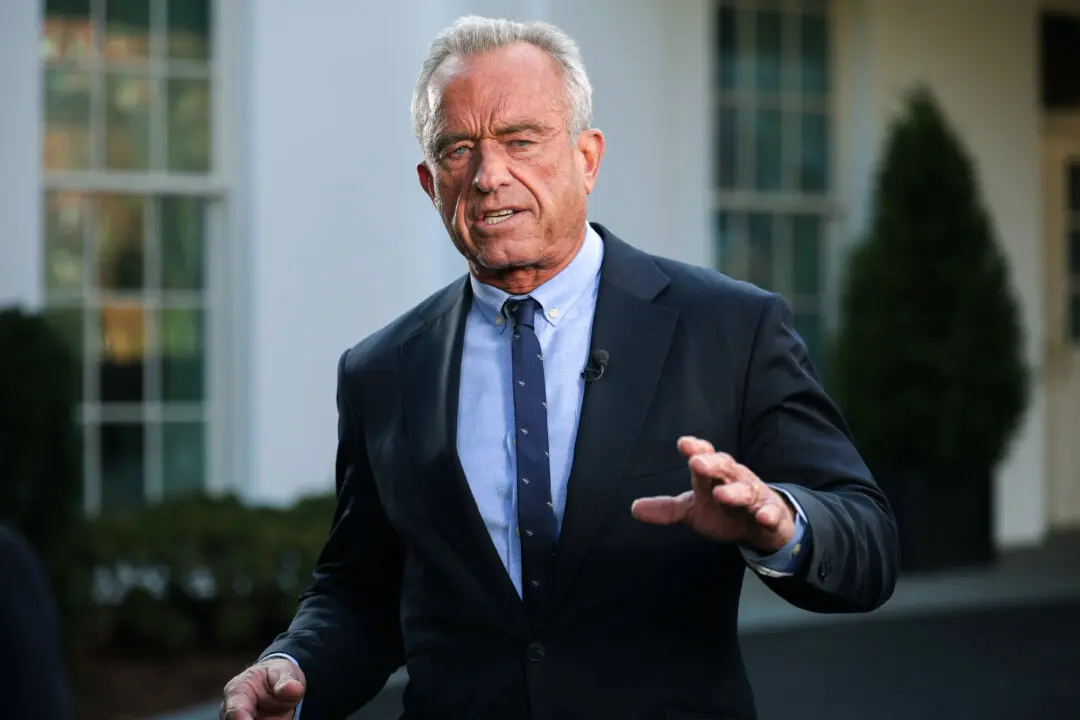The Rhode Island Supreme Court has temporarily blocked a mother from getting her children vaccinated against COVID-19.
A trial court in January rejected arguments from Joshua Nagel, the children’s father, and ruled that Lauren Nagel, the mother, could take her children to get COVID-19 vaccines. Lawyers for Joshua Nagel quickly asked the state’s top court for a stay.





